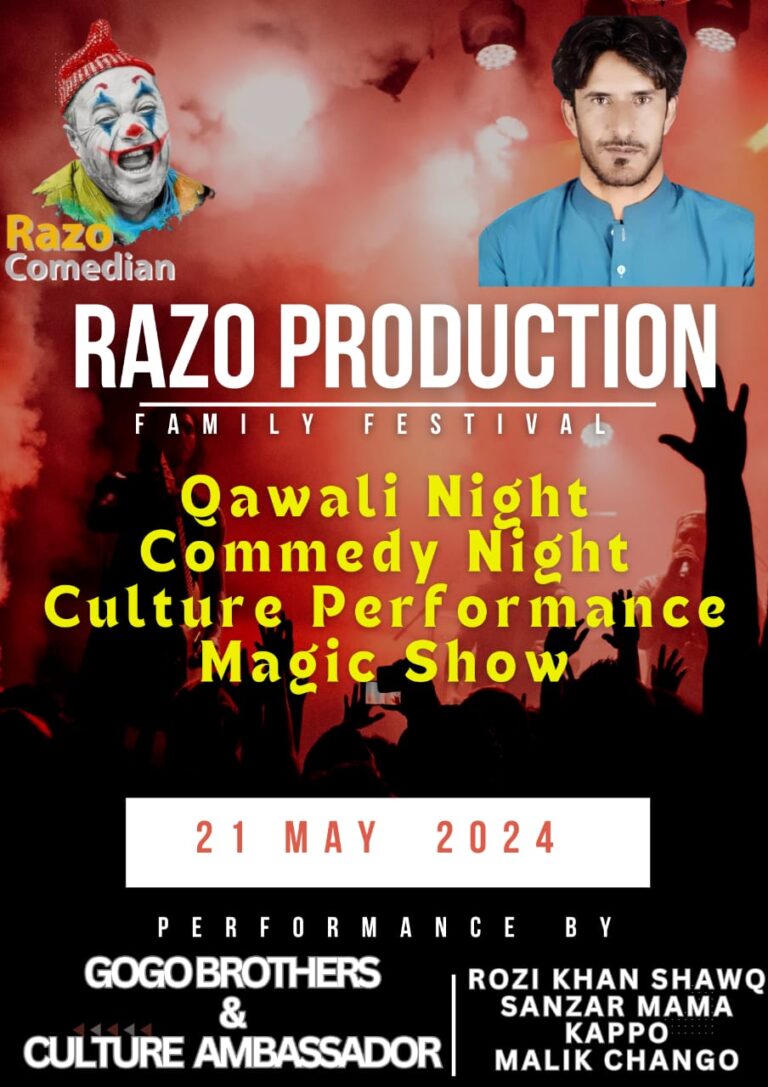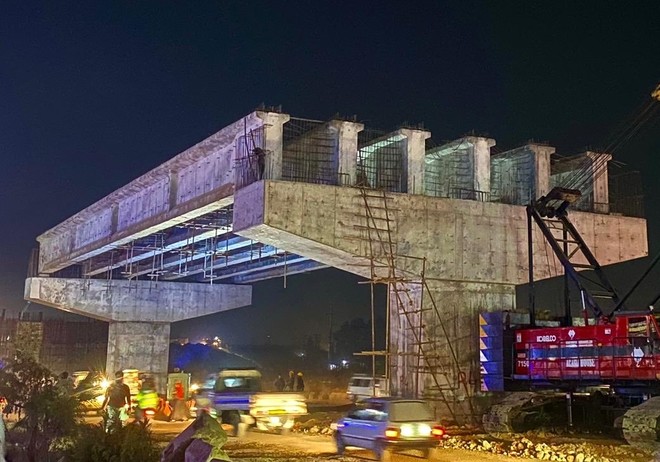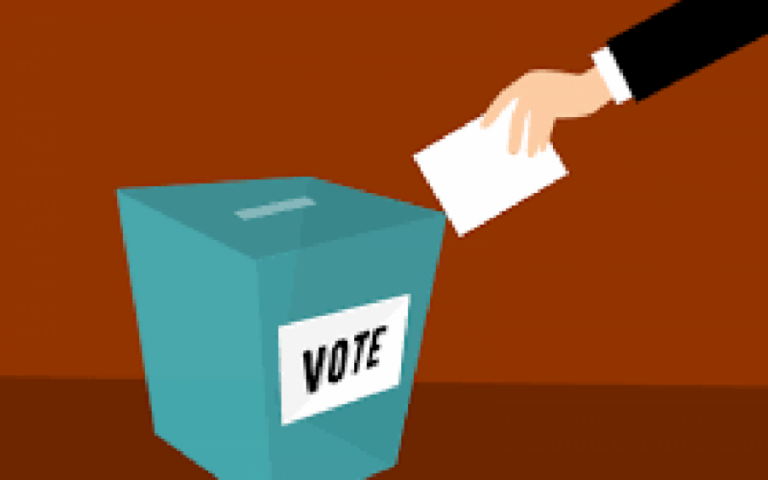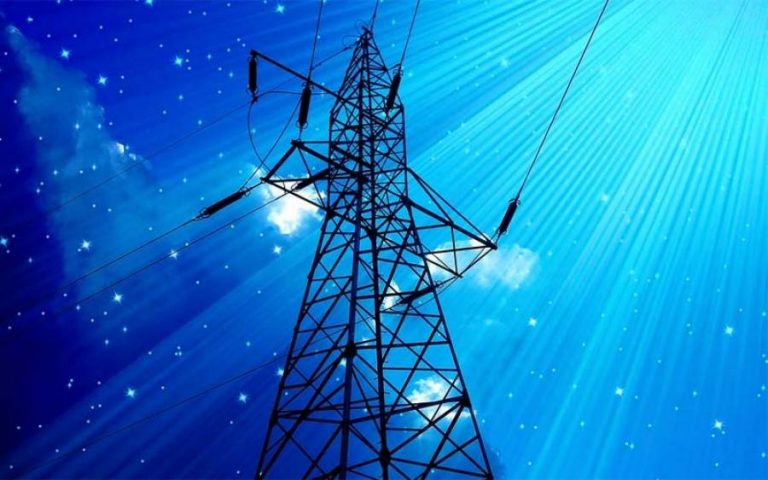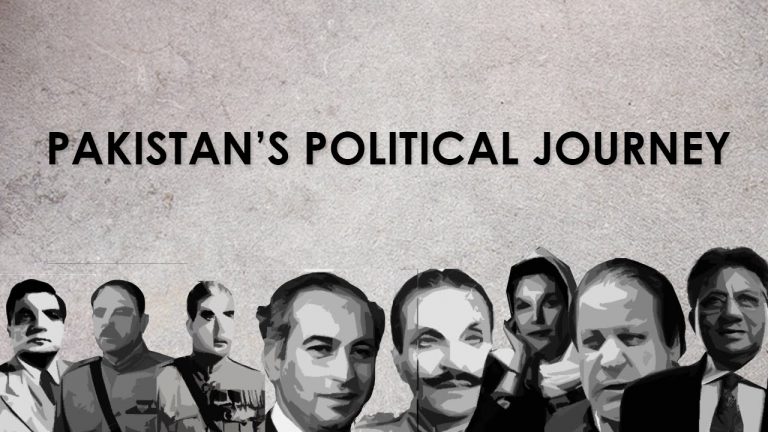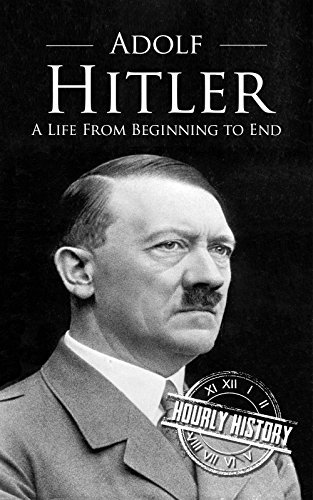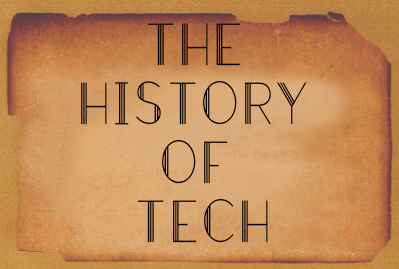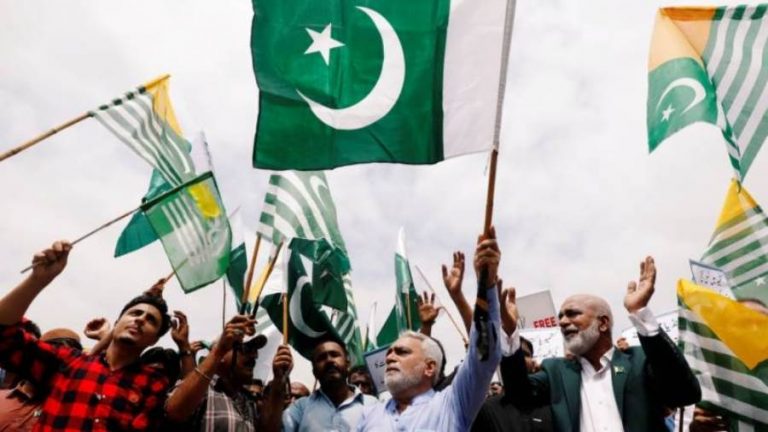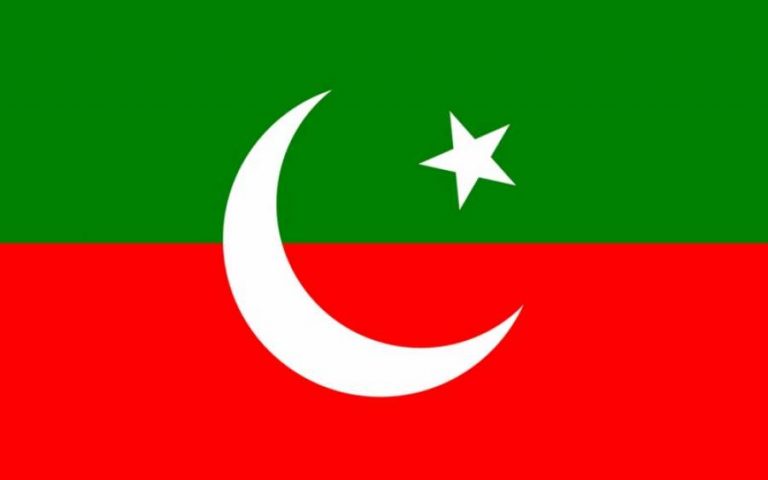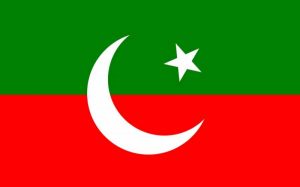For Booking Please fill the form and take a scree shot
بھارہ کہو فلائی اوور کا پلر گرنے سے مزدوروں کی ہلاکت، تحقیقاتی کمیٹی قائم
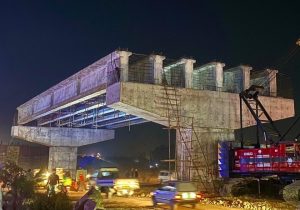
اسلام آباد میں بھارہ کہو بائی پاس کے زیرِتعمیر فلائی اوور کے پلر کی شٹرنگ گرنے سے پانچ مزدوروں کے ملبے تلے دبنے کے واقعے کی تحقیقات کے لیے کمیٹی قائم کر دی گئی ہے۔
سنیچر کی صبح اسلام آباد پولیس کے ایک بیان کے مطابق حادثے کے بعد امدادی کاموں کے لیے ریسکیو ٹیمیں پہنچیں اور پانچ زخمی مزدوروں کو ملبے سے نکال کر ہسپتال پہنچایا گیا جن میں سے دو کی موت واقع ہو گئی۔
پولیس کے مطابق تین زخمی مزدوروں کو پولی کلینک جبکہ دو کو پمز ہسپتال منتقل کیا گیا تھا جن میں سے دو جانبر نہ ہو سکے۔
وزیر داخلہ رانا ثنا اللہ نے حادثے کا نوٹس لیا۔ انہوں نے وفاقی ترقیاتی ادارے (سی ڈی اے) کے چیئرمین کو حادثے کے ذمہ داروں کا تعین کرنے کے لیے انکوائری کرنے کی بھی ہدایت کی۔
وزیر داخلہ کی ہدایت پر چیف کمشنر اسلام آباد نے تحقیقات کے لیے آٹھ رکنی کمیٹی تشکیل دے دی ہے۔
تحقیقاتی ٹیم میں ڈی سی اسلام آباد، ایس ایس پی ٹریفک، سی ڈی اے کے ممبر انجینیئرنگ اور نیسپاک کا ایک ایک نمائندہ شامل ہوگا۔
وزیر داخلہ نے مزدوروں کی موت پر افسوس کا اظہار کرتے ہوئے زخمیوں کو ہر ممکن طبی امداد فراہم کرنے کی ہدایت کی ہے۔
خیال رہے کہ اسلام آباد سے مری اور مظفر آباد جانے والی ٹریفک کو رش سے بچانے کے لیے بھارہ کہو کے علاقے میں بائی پاس بنایا جا رہا ہے۔
وزیراعظم شہباز شریف کی ہدایت پر بائی پاس کو ریکارڈ وقت میں مکمل کرنے کے لیے منصوبے پر دن رات کام جاری ہے۔
نگران حکومت کی راجن پورضمنی انتخاب ملتوی کرنے کی درخواست مسترد
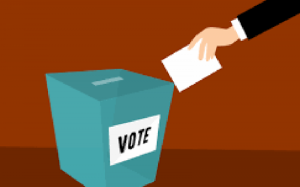
اسلام آباد آن لائن)نگران پنجاب حکومت کی راجن پور ضمنی انتخاب ملتوی کرنے کی درخواست مسترد کردی گئی۔
نجی ٹی وی چینل ایکسپریس نیوز کے مطابق الیکشن کمیشن میں این اے 193 راجن پور ضمنی انتخاب کے کیس سماعت ہوئی،صوبائی حکومت کی این اے 193 ضمنی الیکشن ملتوی کرنے کی درخواست مستردکردی گئی،الیکشن کمیشن نے کہاہے کہ این اے 193 راجن پور میں ضمنی الیکشن شیڈول کے مطابق کل ہوں گے ۔
یاد رہے کہ ہوم ڈیپارٹمنٹ پنجاب نے ضمنی الیکشن ملتوی کرنے کی درخواست کی تھی ۔
پاکستانیو! مصیب ابھی ٹلی نہیں ، حکومت نے بجلی اتنی مہنگی کرنے کی تیاری پکڑ لی کہ رات میں روشنی خواب بن جائے گی
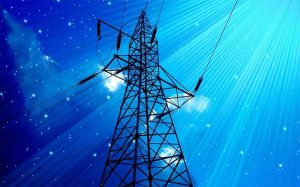
لاہور ( پاکستان آن لائن )مہنگائی سے پریشان عوام کیلئے ابھی مصیبتیں ٹلی نہیں ہیں بلکہ حکومت نے ان میں مزید اضافہ کرنے کی ٹھان لی ہے ، موخر ادائیگیوں کی مد میں بجلی صارفین کیلئے بجلی فی یونٹ 14 روپے 24 پیسے تک مہنگی ہونے کا امکان پیدا ہو گیاہے ۔
نجی ٹی وی جیونیوز کے مطابق وفاقی حکومت نے جون جولائی 2022 کے موخر کردہ بقایا جات کی کی وصولی کی درخواست دائر کر دی ہے ،نیپر اتھارتی دو مارچ کو وفاقی حکومت کی درخواست پر سماعت کرے گی ، درخواست میں بجلی صارفین سے بقایا جات آئندہ آٹھ ماہ میں موصول کرنے کی درخواست کی گئی ہے ، 200یونٹ والے پروٹیکٹڈ صارفین سے 10 روپے 34 پیسے فی یونٹ ،200 سے 300 والے نان پروٹیکٹڈ صارفین سے 14 روپے 24 پیسے فی یونٹ وصولی کی درخواست کی گئی ہے جبکہ زرعی صارفین سے نو روپے 90 پیسے فی یونٹ وصولی کی درخواست ہے ۔
اس کے علاوہ کے الیکٹرک کے 200 یونٹ والے صارفین کیلئے 9 روپے 97 پیسے فی یونٹ ، 200 سے 300 یونٹ والے صارفین سے 13 روپے 87 پیسے فی یونٹ اضافے کی درخواست کی گئی ہے ۔کے الیکٹرک کے زرعی صارفین کیلئے بجلی 9 روپے 90 پیسے مہنگی کرنے کی درخواست کی گئی ہے ۔درخواست میں استدعا کی گئی ہے کہ موخر کردہ وسولیاں انہی مقررہ مہینوں میں ہی وصول کی جائیں ۔
History of Pakistani Politics
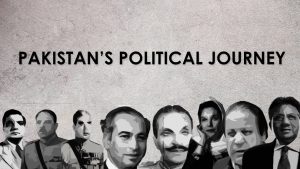
The history of Pakistani politics can be traced back to the formation of Pakistan as a sovereign state in 1947. Since then, Pakistan has undergone several phases of political evolution, marked by military coups, civilian rule, constitutional amendments, and socio-economic changes.
Following the partition of British India in 1947, Pakistan emerged as an Islamic republic, with Muhammad Ali Jinnah as its first Governor-General. The country adopted a parliamentary system of government, with the Muslim League as the ruling party. However, political instability and economic challenges marked the early years of Pakistan’s existence.
In 1958, General Ayub Khan, the then Chief of Army Staff, seized power in a military coup and established a dictatorship. He introduced a presidential system of government and initiated rapid economic growth, but his rule was marred by corruption and suppression of dissent.
In 1969, General Yahya Khan replaced Ayub Khan in another military coup, and assumed power as the President of Pakistan. However, his tenure was short-lived, as he oversaw the country’s first democratic elections in 1970, which led to the separation of East Pakistan (now Bangladesh) and a civil war.
In 1971, Zulfikar Ali Bhutto, the leader of the Pakistan People’s Party (PPP), became the country’s first democratically elected Prime Minister. His government undertook significant social and economic reforms, including the nationalization of major industries and the adoption of a new constitution that recognized Pakistan as an Islamic republic.
In 1977, General Zia-ul-Haq ousted Bhutto in a military coup and established a military dictatorship that lasted for over a decade. Zia-ul-Haq introduced a series of Islamization measures and strengthened Pakistan’s ties with the United States during the Cold War.
In 1988, following Zia-ul-Haq’s death in a plane crash, a new era of civilian rule began under the leadership of Benazir Bhutto, Zulfikar Ali Bhutto’s daughter. She was elected as Prime Minister twice, but her government was marred by corruption scandals and political instability.
In 1999, General Pervez Musharraf seized power in a bloodless military coup and ruled Pakistan until 2008. He introduced significant reforms, including the devolution of power to local governments, but his rule was also marked by restrictions on freedom of speech and a crackdown on dissent.
In 2008, democratic rule was restored in Pakistan, and the PPP won the general elections. Asif Ali Zardari, Benazir Bhutto’s widower, became the President of Pakistan, and Yousaf Raza Gillani was appointed as the Prime Minister. However, the government faced significant challenges, including political instability, economic crises, and security threats from extremist groups.
In 2013, the Pakistan Muslim League-Nawaz (PML-N) won the general elections, and Nawaz Sharif became the Prime Minister for the third time. His government focused on infrastructure development and economic reforms, but his tenure was cut short by a Supreme Court decision that disqualified him from holding public office due to corruption charges.
In 2018, Imran Khan, a former cricketer, led his party, the Pakistan Tehreek-e-Insaf (PTI), to victory in the general elections. He became the country’s Prime Minister, promising to tackle corruption, improve governance, and promote economic growth. His government has faced significant challenges, including economic crises, political opposition, and security threats from extremist groups.
Overall, the history of Pakistani politics has been marked by a complex interplay of democratic and authoritarian forces, with military coups, civilian rule, constitutional amendments, and socio-economic changes shaping the country’s political landscape.
The Impact of the Internet on Society
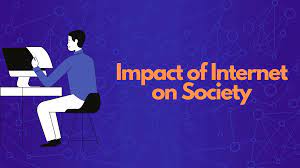
Topic: The Impact of the Internet on Society
The internet has revolutionized the way people communicate, learn, work, and conduct business. With more than half of the world’s population using the internet, it has become a powerful tool for information dissemination, social interaction, and economic growth. However, the impact of the internet on society is not all positive. In this topic, we will explore the various ways in which the internet has influenced and shaped our lives.
Some potential subtopics could include:
- The benefits of the internet on society: The internet has made it easier to connect with others, access information and resources, and participate in global communities. Discuss some of the positive impacts the internet has had on society, such as improved communication, increased access to education and healthcare, and the democratization of information.
- The downsides of the internet on society: The internet has also brought with it a number of challenges and negative consequences. These could include cyberbullying, addiction to technology, online harassment, and the spread of misinformation. Examine some of the ways in which the internet has had a negative impact on society, and consider ways to mitigate these effects.
- The role of the internet in shaping politics and democracy: With the rise of social media and online news outlets, the internet has played a significant role in shaping political discourse and election outcomes. Discuss some of the ways in which the internet has influenced political engagement and participation, and consider the implications for democracy and civic engagement.
- The impact of the internet on the economy: The internet has disrupted traditional business models and created new opportunities for entrepreneurship and innovation. Explore some of the ways in which the internet has transformed the economy, such as the rise of e-commerce and the gig economy, and consider the challenges and opportunities these changes present.
- The future of the internet: The internet is constantly evolving, and new technologies such as artificial intelligence, virtual reality, and the Internet of Things are poised to transform society even further. Discuss some of the potential future developments in internet technology, and consider the potential benefits and drawbacks of these changes.
History of Hitler

Adolf Hitler was a German politician and leader of the Nazi Party. He was born in Austria in 1889 and spent his early years there before moving to Germany in 1913. In World War I, he served as a messenger on the Western Front and was twice decorated for bravery.
After the war, Hitler became involved in politics and joined the German Workers’ Party, which later became the National Socialist German Workers’ Party (Nazi Party). He quickly rose through the ranks of the party and became its leader in 1921.
Hitler’s rise to power was facilitated by the economic and political instability of Germany after World War I. He used propaganda and charisma to rally support from the German people, blaming Germany’s problems on Jews, communists, and other minority groups. In 1933, Hitler was appointed chancellor of Germany and quickly consolidated his power by eliminating political opponents and suppressing dissent.
Hitler’s government enacted laws and policies that persecuted minorities, including Jews, homosexuals, and Romani people. The persecution of Jews, known as the Holocaust, resulted in the systematic murder of six million Jews and millions of other people deemed undesirable by the Nazi regime.
Hitler’s aggressive foreign policy led to the outbreak of World War II in 1939. Germany initially made significant gains, but was eventually defeated by Allied forces in 1945. In the final days of the war, Hitler committed suicide in his bunker in Berlin.
Hitler’s legacy is one of the most notorious in modern history. The atrocities committed by his regime, including the Holocaust, are remembered as some of the most heinous crimes against humanity. Hitler’s actions have had a profound impact on the world, leading to the deaths of millions of people and shaping the course of history in the 20th century.
History of Technology
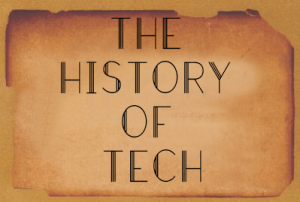
The history of technology is the study of the development of tools, techniques, and systems used by humans to make life easier, more efficient, and more productive. The history of technology can be traced back to the earliest times, when humans first began using basic tools made from stone, wood, and bone.
Early Technology:
The earliest forms of technology were simple tools used by humans to hunt, gather, and farm. Stone tools were used to cut, scrape, and pierce objects, while bone and wood tools were used to make clothing, housing, and other necessities of life. The wheel, one of the most important technological innovations, was invented around 3500 BCE and allowed humans to transport goods over long distances.
Ancient Technology:
In ancient times, technology continued to advance as civilizations developed new forms of agriculture, architecture, and transportation. The Ancient Egyptians built massive pyramids using advanced mathematics and engineering techniques, while the Greeks invented the steam engine and developed sophisticated machines for warfare and transportation.
Medieval Technology:
During the Middle Ages, technology continued to evolve as new innovations such as the printing press, gunpowder, and the compass transformed society. The printing press allowed books to be mass-produced for the first time, while gunpowder revolutionized warfare and the compass made long-distance navigation possible.
Modern Technology:
The Industrial Revolution of the 18th and 19th centuries marked a major turning point in the history of technology, as new inventions such as the steam engine, the cotton gin, and the telegraph transformed society and spurred economic growth. In the 20th century, technology continued to advance rapidly, with the invention of the automobile, the airplane, the computer, and the internet transforming every aspect of modern life.
Today, technology continues to evolve at a rapid pace, with new innovations in fields such as artificial intelligence, robotics, and biotechnology transforming society and opening up new frontiers of knowledge and possibility.
Article on Pakistan
Pakistan, officially known as the Islamic Republic of Pakistan, is a country located in South Asia. It is the world’s fifth most populous country, with a population of over 225 million people. Pakistan is bordered by India to the east, Afghanistan to the northwest, Iran to the southwest, and China to the northeast. Its capital city is Islamabad, while the largest city is Karachi.
Pakistan has a rich history and cultural heritage, dating back over 5,000 years. The region was home to some of the earliest human civilizations, including the Indus Valley Civilization. Over the centuries, the region has been influenced by a variety of cultures, including Persian, Greek, Arab, Turkic, and British.
Pakistan gained independence from British colonial rule in 1947, following the partition of India. The country was founded as a Muslim-majority nation, and its founders envisioned it as a homeland for Muslims from across the Indian subcontinent. The partition was a traumatic event that led to widespread violence and displacement, as millions of Hindus and Muslims were forced to leave their homes and migrate to the new countries of India and Pakistan.
Since independence, Pakistan has faced a variety of political, social, and economic challenges. The country has experienced periods of military rule, political instability, and corruption. It has also been plagued by sectarian violence, terrorism, and insurgency. Despite these challenges, Pakistan has made significant progress in areas such as education, healthcare, and infrastructure development.
Pakistan is known for its diverse culture, which is influenced by a variety of regional and ethnic traditions. The country’s national language is Urdu, but many other languages are spoken throughout the country, including Punjabi, Sindhi, and Pashto. Pakistan has a rich literary tradition, with poetry and literature playing a central role in the country’s cultural life.
Pakistan is also famous for its food, which is known for its spicy flavors and rich textures. Pakistani cuisine features a wide range of dishes, including biryani, kebabs, and curries. Tea is also an important part of Pakistani culture, and it is often served with meals and during social gatherings.
Pakistan has a growing economy, driven by industries such as textiles, agriculture, and IT. The country is also home to a rapidly expanding middle class, which has created new opportunities for entrepreneurship and innovation. However, Pakistan still faces significant challenges in areas such as poverty, education, and healthcare.
In conclusion, Pakistan is a diverse and complex country with a rich history and culture. While it has faced a variety of challenges since independence, it has also made significant progress in areas such as education, healthcare, and infrastructure development. As the country continues to evolve and grow, it will be important for its leaders and citizens to work together to address its ongoing challenges and build a brighter future for all Pakistanis.
